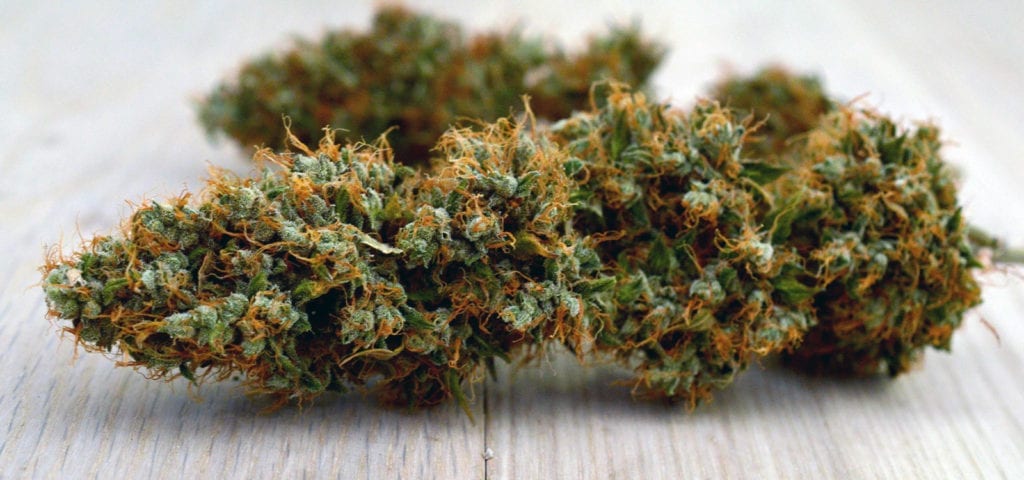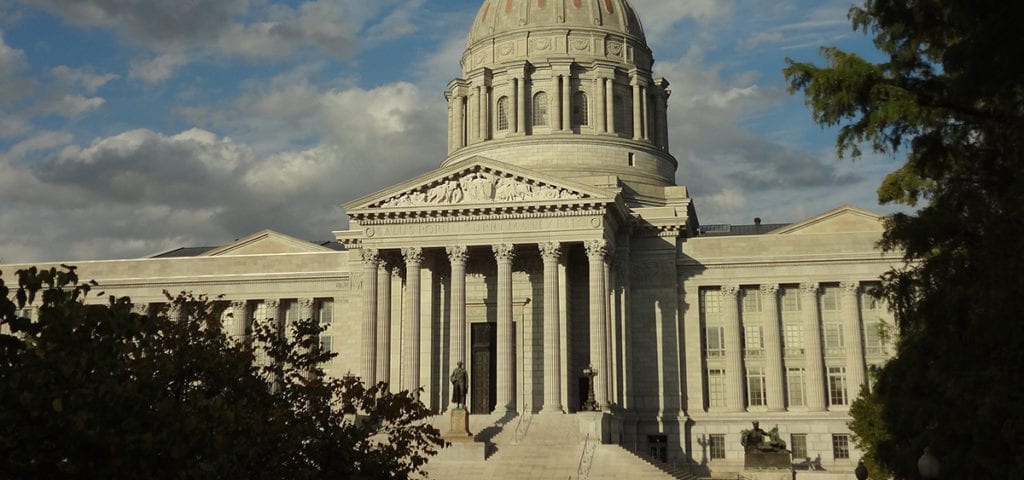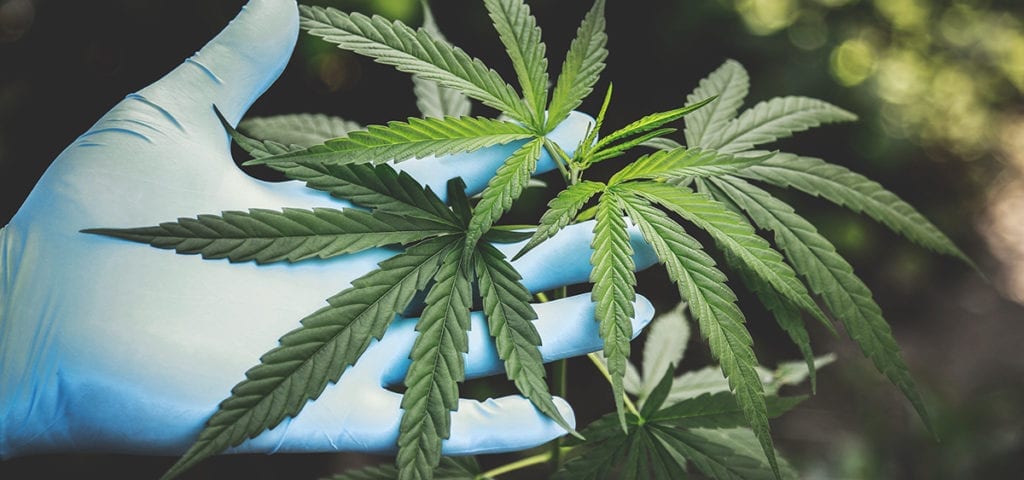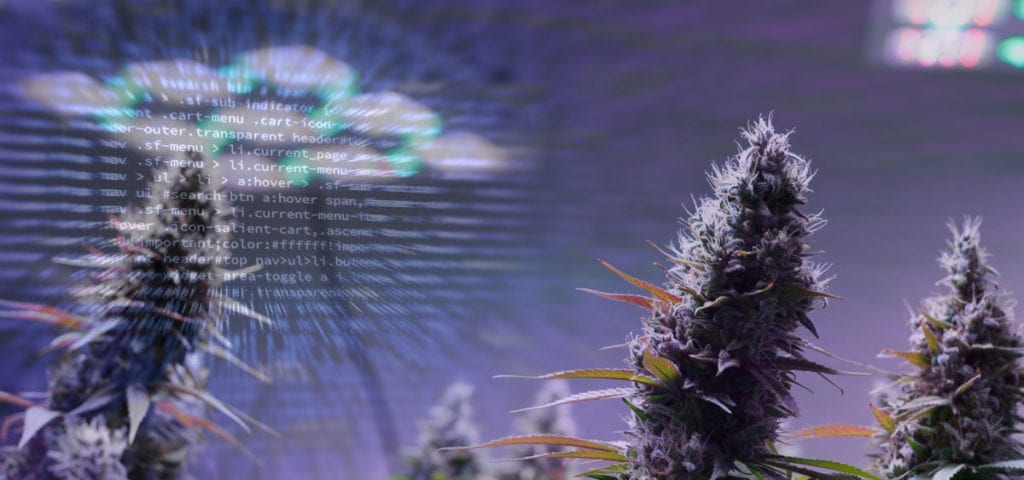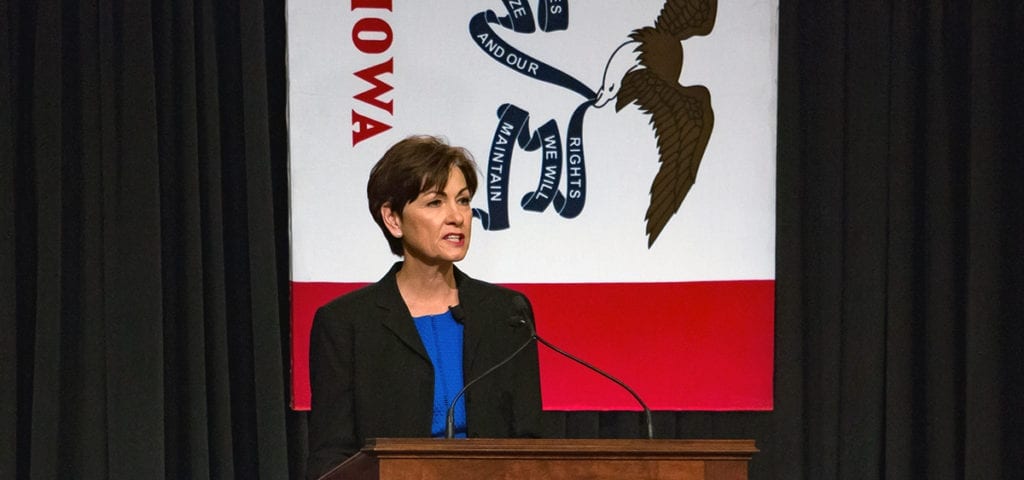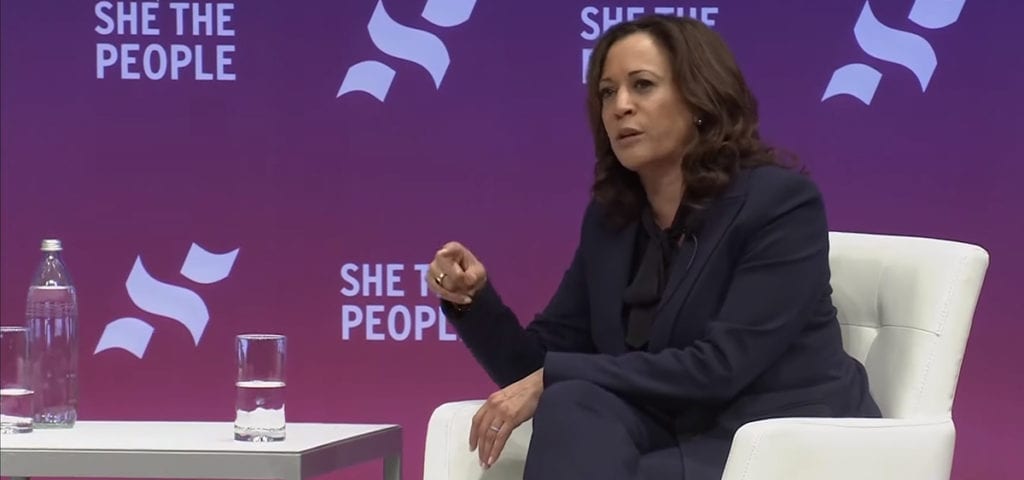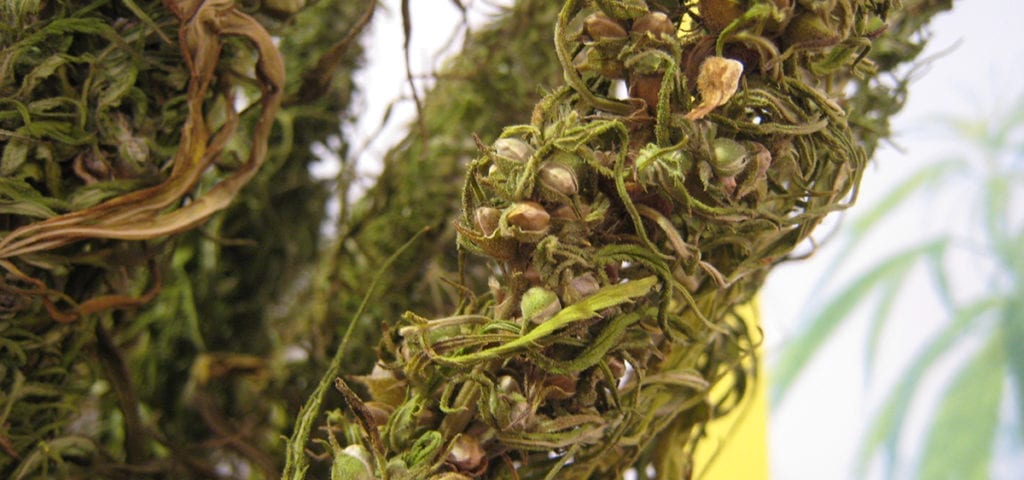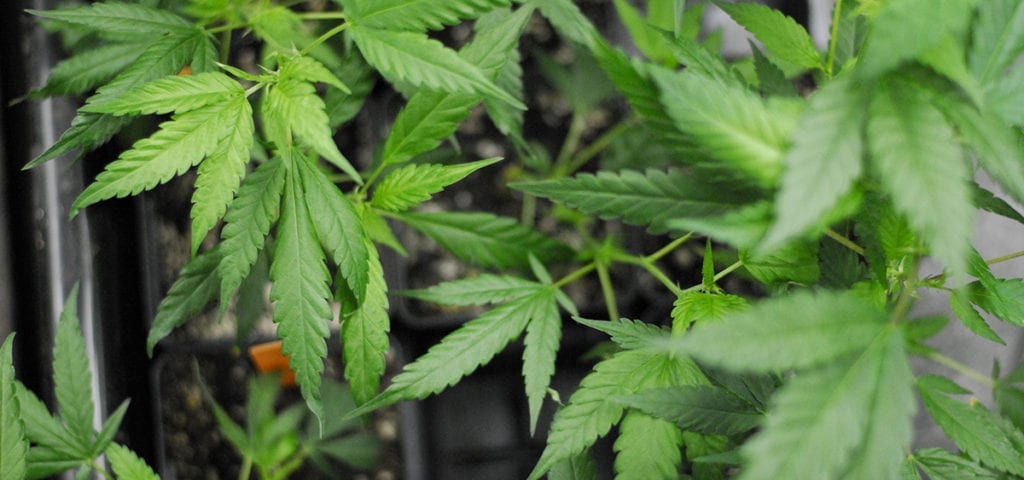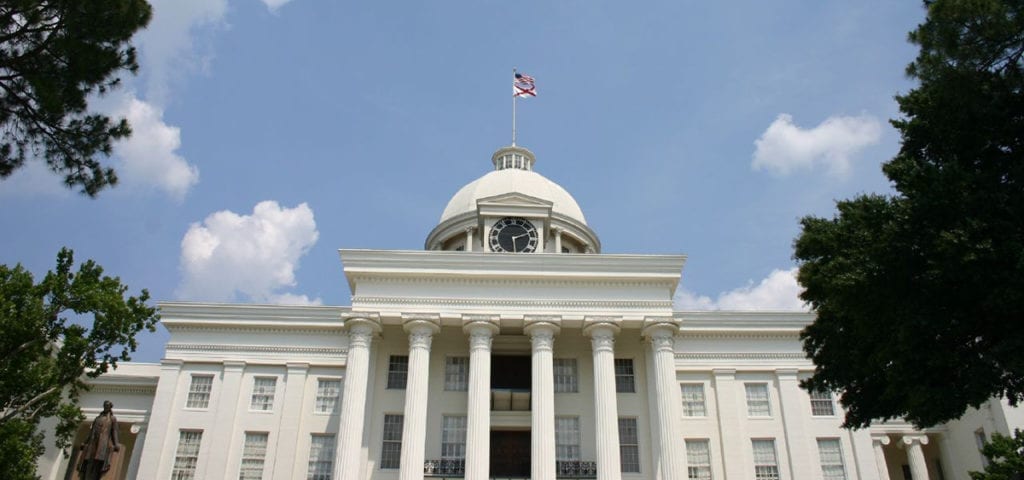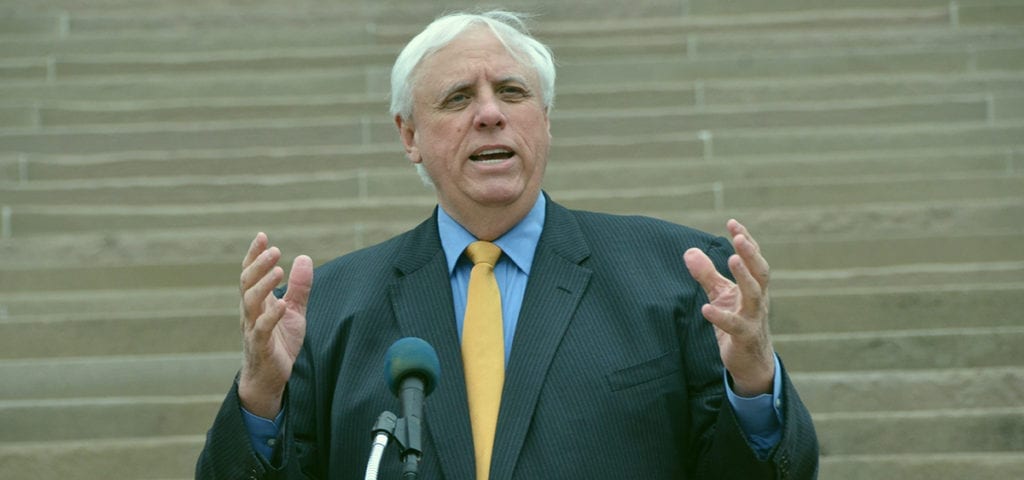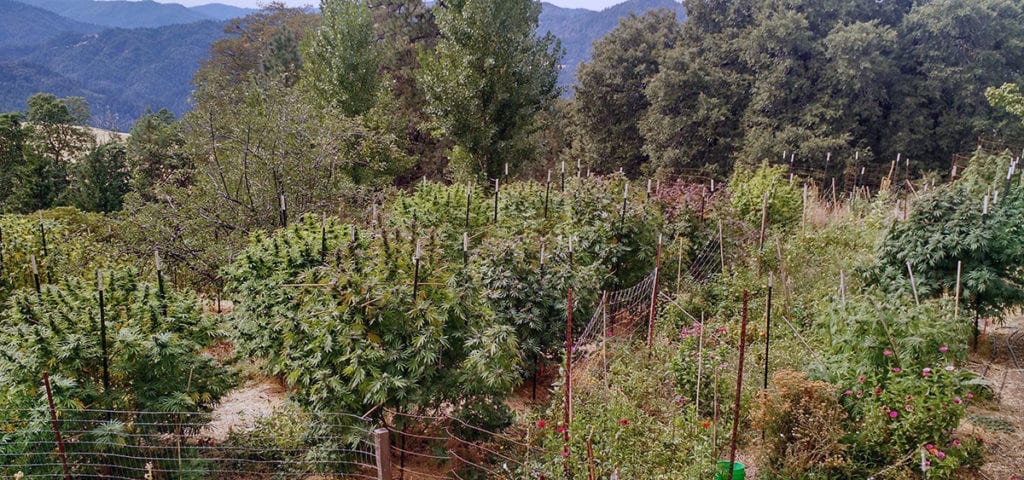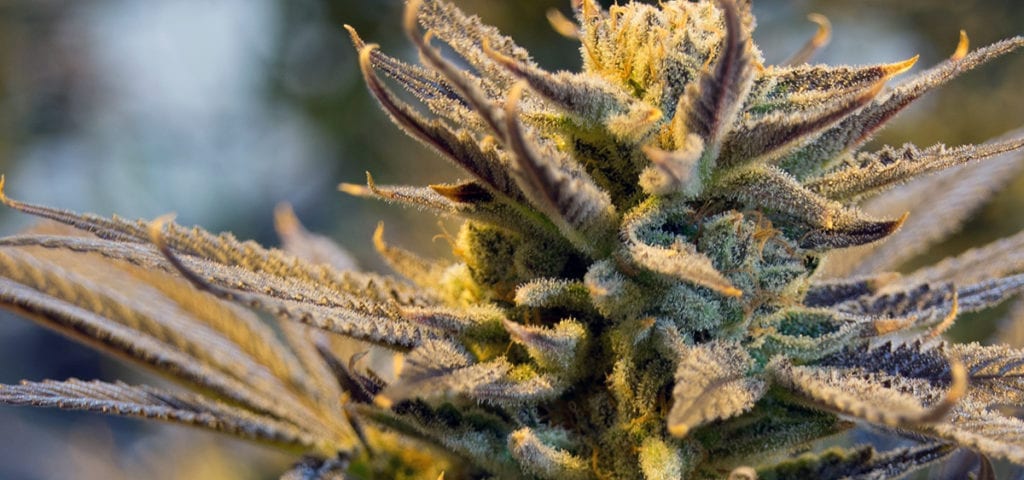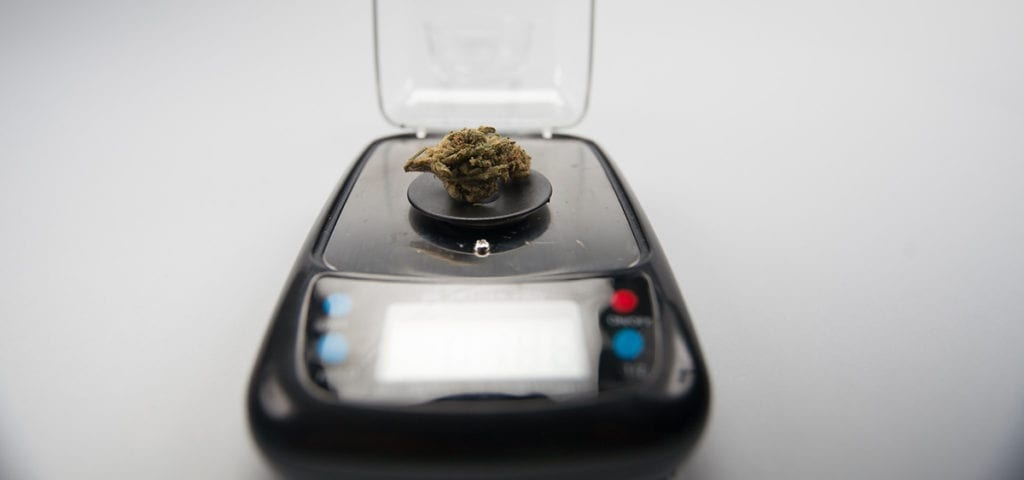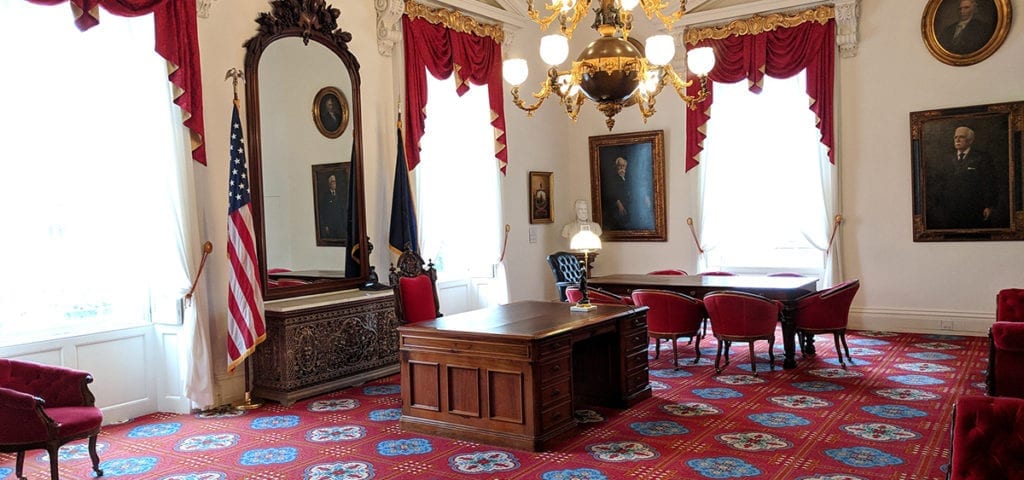The Massachusetts Cannabis Control Commission (CCC) has given preliminary approval to allow cannabis delivery services, the Associated Press reports. The plan was approved 4-1 but will need final approval after officials develop regulations.
For the first two years, delivery businesses would be limited to social equity applicants – those disproportionately impacted by previous cannabis laws. The draft rules would allow delivery businesses to pick up cannabis from retailers and deliver it to residences in municipalities where commercial sales are permitted.
“Delivery is an important thing to do. I believe we’re ready. This is going to make it more accessible for consumers… and it’s a very important thing from a social equity standpoint, because of the lower barriers to entry in terms of the capital requirements.” — Cannabis Commission Chairman Steve Hoffman, via the Boston Globe
During last week’s meetings, the CCC also discussed providing application fee waivers and reducing the first annual license fee for social equity and Economic Empowerment Program applicants, eliminating the $50 patient registration fee, developing potential potency limits, adding post-traumatic stress disorder to the list of qualifying conditions for medical cannabis, adding veterans to the Social Equity Program, and increasing patient caps for caregivers, according to a press release.
The agency also discussed stronger penalties for companies that violate licensing limits. Last month, regulators launched an investigation into Sea Hunter Therapeutics and Acreage Holdings alleging that they used shell companies to thwart the state’s six-total dispensary rules.
Next month, regulators are expected to deliberate issues related to social consumption, which could be included during the commission’s Fall regulatory process.
End


